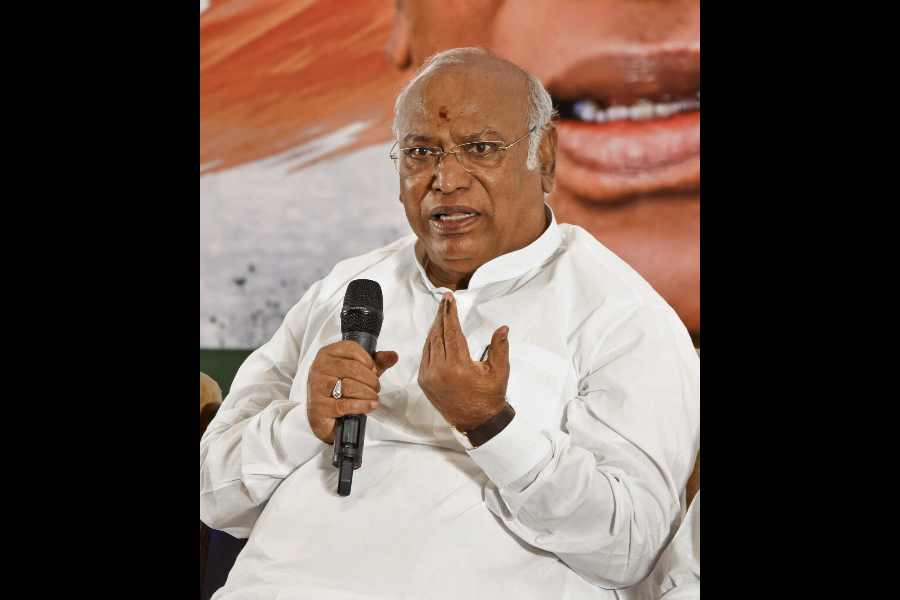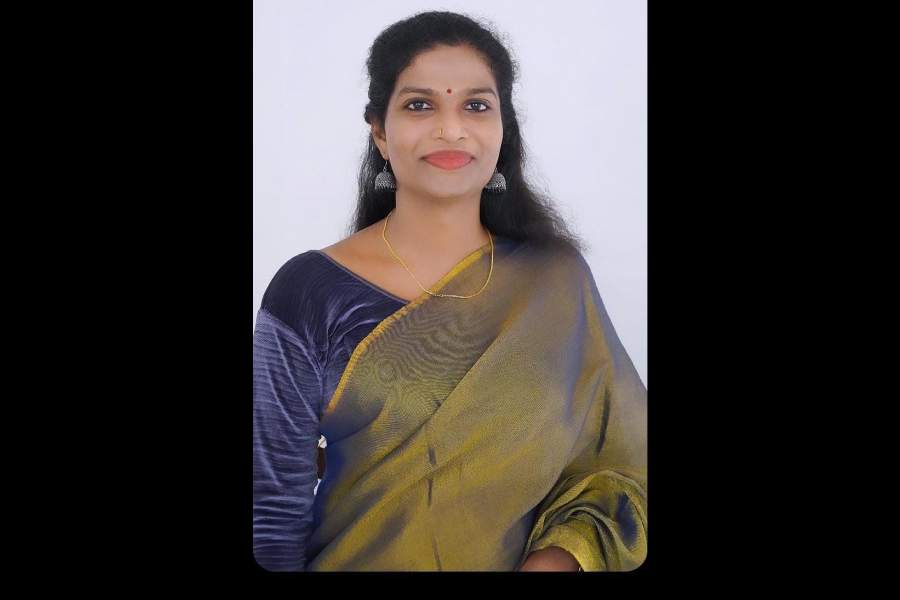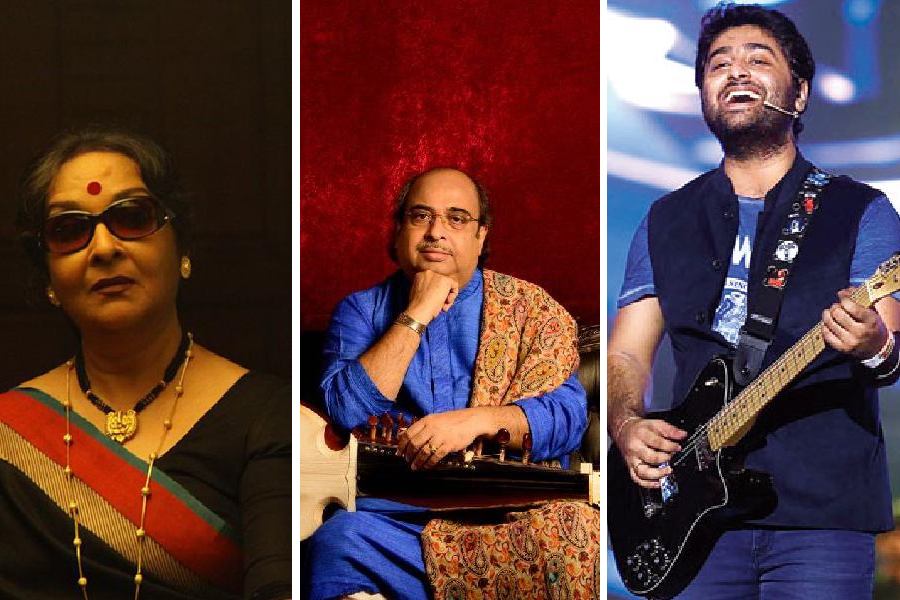The EC’s letter to Congress president Mallikarjun Kharge came on a day INDIA bloc leaders met the poll panel and the Association for Democratic Reforms (ADR) moved the Supreme Court over a similar issue.
In an open letter to the INDIA parties on May 6, Kharge had questioned the EC’s delay in releasing the turnout data following the first and second phases of polling. He also flagged an increase of over 5 per cent in the final voter turnout data at 7pm on the polling day to the updated figure released days later.
Kharge had written: “If the voter turnout data was published within 24 hours of voting along with the crucial figures, then we would have known if the increase (of 5 per cent) had been witnessed across constituencies or only in constituencies where the ruling regime had not performed well in the 2019 elections?“To alleviate these doubts raised in the public domain, the Commission should have not only released the data per Parliamentary Constituency (and respective Assembly Constituencies) but it should have also released the voter turnout data in each polling station.”He added: “As per the ECI, the Presiding Officer records the exact voter turnout in every Polling Station in Form 17C…. Now our question to them is what exactly is precluding the Commission from publishing the same for the people instead of shifting the responsibility to candidates by saying the polling agents of candidates also have the details of voter turnout?”On Thursday, NGOs ADR and Common Cause moved the Supreme Court in an ongoing case on the EVMs, alleging “dereliction of duty” by the EC and asked the court to direct it to upload Forms 17.
The 17-page rejoinder with which the poll panel hit back on Friday quoted polling day and final turnout figures in Lok Sabha and Assembly polls since 2019 that show even a 10 per cent increase in turnout.
EC senior principal secretary Sumit Mukherjee told Kharge in the letter: “Through innuendos and insinuations, the contents of the post tend to create disharmony in respect of the delicate space of election management, can plant doubts in the mind of the voters and political parties and potentially creates an anarchic situation…”
The poll panel rejected Kharge’s questions on problems with the EVMs and an attempt “to doctor the final results” through the delay in releasing the final turnout data.
The panel told Kharge, “Commission notes that you, yourself, have chosen to indulge in utterances at this critical juncture with similar effect of discrediting election process and therefore, is being forced to find a pattern in such actions…. “Record also does not reflect that candidate fielded by INC and/or their authorised Agents; raised these concerns at close of poll or during scrutiny to the extent alluded by you. No repoll on these counts were sought or ordered. A clear divergence between actionable option not being exercised, if you believed your statements to be true, and, yet the statements being made, becomes manifest.”
In a show of unity on the issue, senior leaders of several INDIA parties, including the Congress, the CPI, the CPM, All India Forward Bloc, Trinamool, the Samajwadi Party, the DMK and the JMM met the EC on Friday. After the meeting, Congress’s Abhishek Manu Singhvi said: “If the figures are published soon, then speculation will not arise.... We had made this complaint a long time ago, but unfortunately the Election Commission has uploaded its reply just a little while before our meeting today.... We had filed 11 complaints against PM Modi and home minister Amit Shah, but no action has been taken on them.”
Earlier this week, former election commissioner Ashok Lavasa had told The Telegraph: “The EC should give the data in a form which people find easy to understand, which means, giving the number of electors in each parliamentary constituency along with the actual voter turnout, both in percentage and numerical terms. The EC could add any proviso it deems appropriate as the final number can always be subject to correction if any aberration is detected by the EC. At the same time, I feel people should not jump to any hasty conclusions and start suspecting motives based on their own speculation.”
He added: “I really find it difficult to understand why this data is not available. This data should be available in one place…. More transparency adds to trust.”











